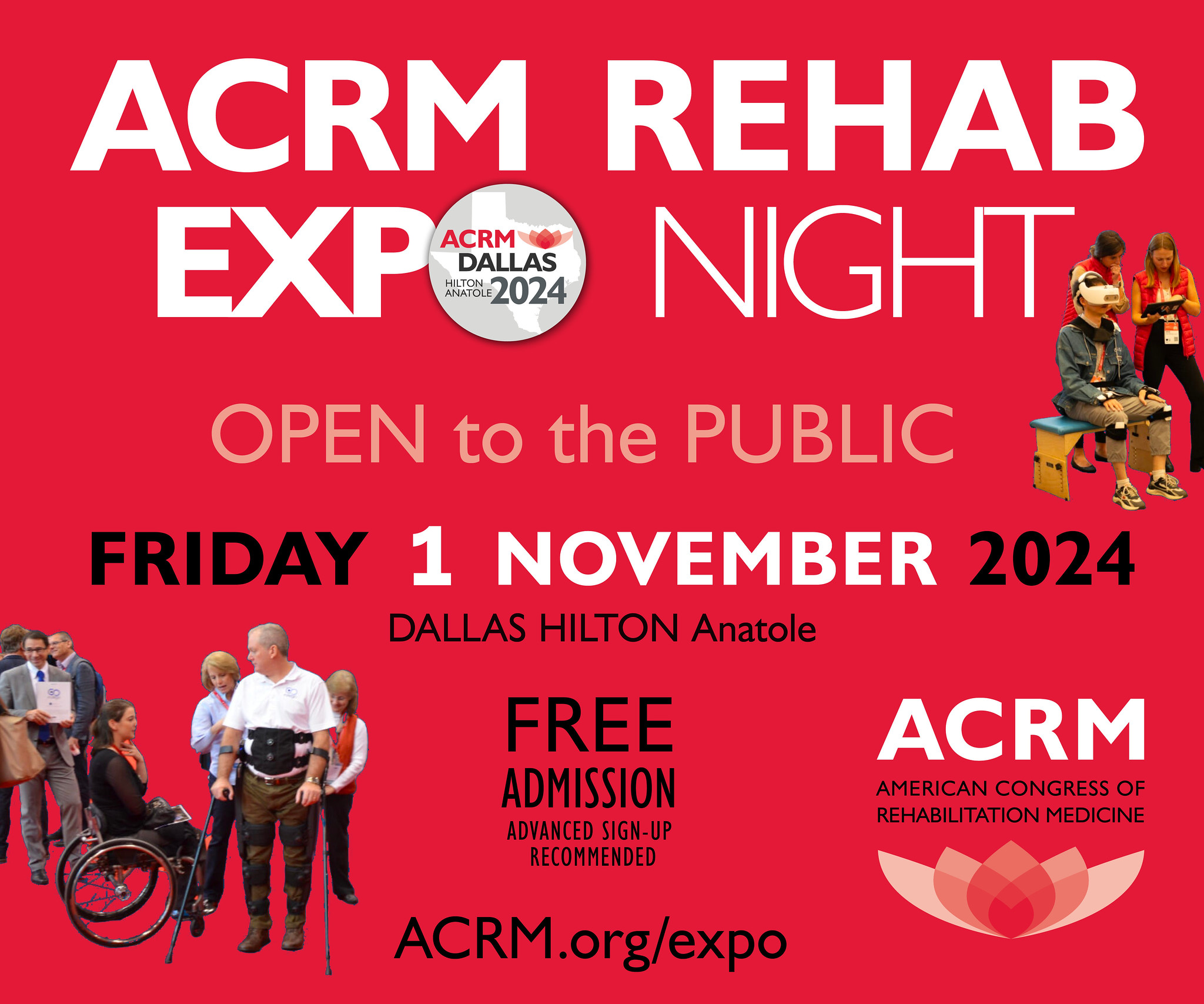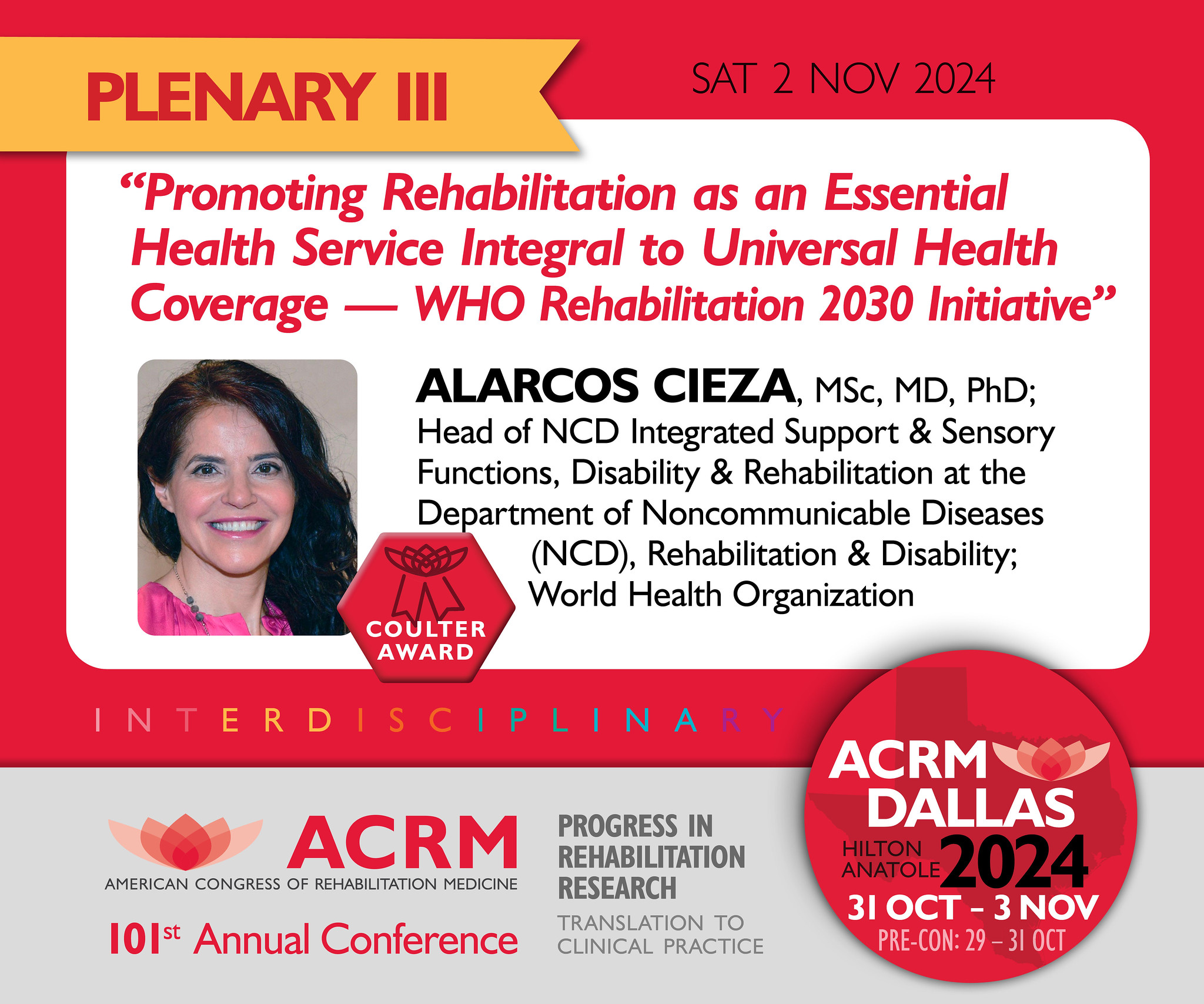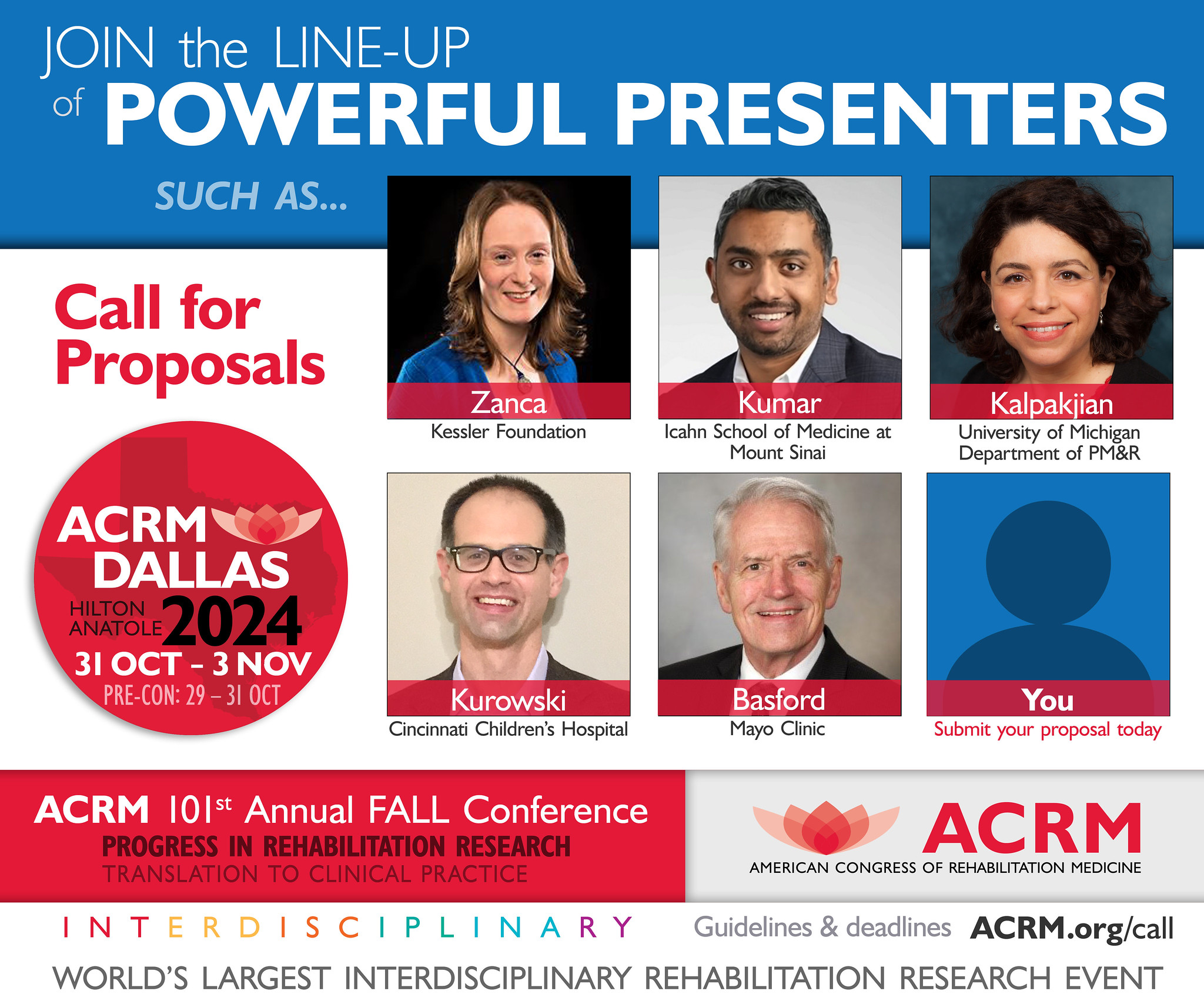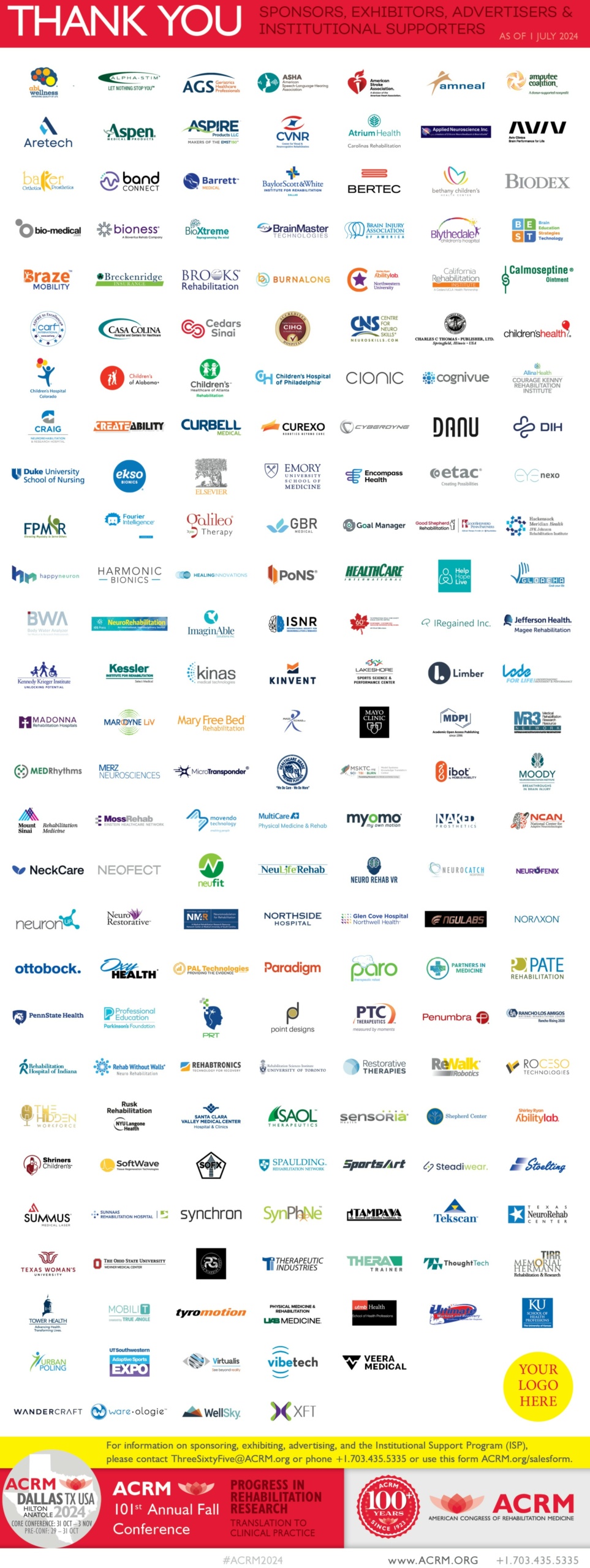 Starting a research career is exciting – and at times frightening or overwhelming. (And perhaps you have other adjectives to describe the experience!) Many researchers start on this path with little guidance about the career development challenges they may encounter or an understanding of the skills required to be a successful rehabilitation researcher in this ever-changing health care and funding environment.
Starting a research career is exciting – and at times frightening or overwhelming. (And perhaps you have other adjectives to describe the experience!) Many researchers start on this path with little guidance about the career development challenges they may encounter or an understanding of the skills required to be a successful rehabilitation researcher in this ever-changing health care and funding environment.
To complicate this, there is no one path and no one definition of success. You may be a researcher who wants to be in an academic setting doing bench work to inform rehabilitation research and practice. Or you may be a clinician deciding to embark on the journey to be a researcher, either with formal doctoral training, or as a member of a clinical research team. Perhaps you are a researcher who wants to do research in a less traditional model, in a clinical setting instead of an academic center. Each of these options, as well as others not considered here, are viable and critical to the advancement of rehabilitation medicine.
What it means to be successful, or how to achieve success, in each of these scenarios is not necessarily the same either. For a researcher in an academic setting, obtaining federal funding is often the measure of success. Even better would be funding from the National Institute of Health! Success for a clinician as part of a clinical research team might be a career in which you are able to influence the conduct of clinically relevant trials, and help translate the findings into meaningful clinical practice. And for a researcher in a clinical setting who is part of a two-income family with children, completing research studies and successfully disseminating findings in a timely fashion to influence rehabilitation practice may feel like a monumental success (kind of my path). Ultimately, the definition of success is a personal one. But having the skills and insights to know how to define your path will help ensure your success.
Above and beyond the educational offerings, ACRM provides opportunities for professional development to any rehabilitation researcher or clinician, and especially for the early career professional. Certainly, the Early Career Development Course provides opportunities to develop skills critical to being a researcher, such as defining a research agenda, developing persuasive grant writing skills and preparing a grant application, determining where to publish and successfully disseminate your research, managing a research lab, and promoting your research.
The networking opportunities are abundant in ACRM. The interdisciplinary special interest and networking groups (ISIGs and NGs, respectively) offer a chance to meet and work with people who have similar interests and passion. They span both diagnostic groups and focus areas. Interested in spinal cord injury, stroke or brain injury? The respective ISIGs are doing important work to advance rehabilitation for people with these diagnoses. There are also several NGs for other diagnostic groups, such as neurodegenerative diseases, limb restoration, geriatric rehab, pain and cancer.
Want to influence outcome measurement, technology or health service? There are NGs that are paving the way for the rehabilitation field to advance the care for people with disability. Have a passion for the arts and appreciation for the neuroscience underpinnings of their influence in rehabilitation, there is the Arts & Neurosciences NG for you. Want to integrate different approaches to improving health for people with disability, there is the Complementary Integrative Rehabilitation Medicine NG. These ACRM communities are filled with highly skilled and passionate people who work together to generate and translate evidence to influence research funding, policy and services, and ultimately care for people with disability.
Another critical element for success is having a mentor. A mentor can share their knowledge, skill and experiences to help inform your choices as you navigate the path to an independent researcher. They offer support and guidance on both academic and non-academic issues to ease your adjustment to the research culture and foster your sense of professional identity. You may have more than one mentor, depending on where you are in your career or life. You might be a young researcher, just coming out of school, wondering where to start in looking for a post-doctoral position, or a clinician who has just completed their research doctoral training and wondering how to merge the two into a fulfilling job.
Maybe you are an “older” graduate, ready to embark on both a research career and starting a family. Considering your various options in each of these situations, as well as myriad others that will likely arise, with someone who has navigated this path before can help you to define your goals, consider all opportunities or issues, and make choices that are most meaningful for you.
The Neurodegenerative Diseases Networking Group has partnered with the ECNG to pilot a mentoring program for those interested in teaming up with a more advanced researcher to receive personal and professional guidance. The ECNG also offers educational and training opportunities for both the mentor and the mentee, in the hopes of providing more support for the early career researcher.
The early stages of a research career can at the same time be exciting and challenging, and how to become an independent researcher and to be successful in your career can seem daunting. The path may not be clear, or there may be obstacles along the way.
But research has shown that the keys to success include finding a supportive community, where there are networking and mentoring opportunities as well as educational offerings. You must find your own passion and identify what keeps you motivated when experiments fail (and they will), publications are declined (this will happen), and the funding is hard to come by (need I say more). ACRM offers a supportive community, with an abundance of experts in a variety of fields, providing an avenue for the support and opportunities that will help you move along this path and establish yourself as a successful rehabilitation researcher.
Get involved, share your expertise, creativity and passion. You will benefit, the field will grow and become stronger, and the people we serve, those with disabilities will hopefully have the best evidence-based rehabilitation to themselves succeed in their every day lives.
![]()
Debbie Backus, PT, PhD, FACRM
ACRM President











